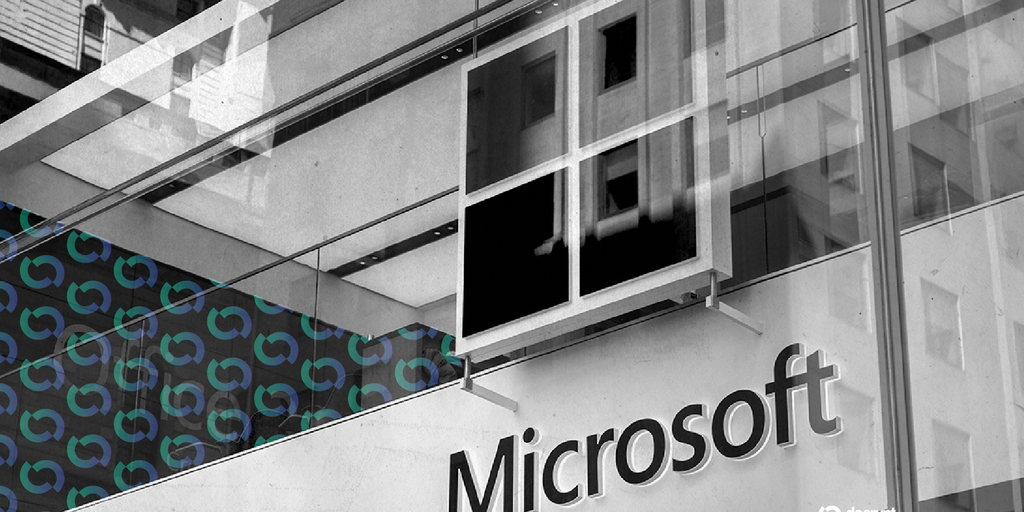In short
- Microsoft has reportedly used an exclusive Azure contract since 2019 to control compute supply to OpenAI and keep ChatGPT prices artificially high while it develops competing AI products.
- When OpenAI began purchasing compute from Google in June 2025, the token price reportedly fell 80% in a matter of weeks, which the plaintiffs say is evidence of restraint.
- The lawsuit seeks damages for overbilling from November 2022 to February 2025, and warns that Microsoft still retains contractual rights to limit the supply of OpenAI.
ChatGPT users accused Microsoft of “ruthlessly” choking OpenAI’s compute supply through exclusive cloud contracts and artificially inflating AI subscription prices while bringing its own competing products to market.
that suitAccording to a filing Monday in San Francisco federal court, Microsoft is using its Azure cloud dominance to “secretly strangle investments” by limiting the computational resources needed to run ChatGPT and keeping prices at levels that reach “100 to 200 times” competitors’ prices during an AI price war in February 2025. “I killed him,” he claims.
Eleven ChatGPT Plus subscribers have filed a lawsuit alleging that Microsoft’s anti-competitive conduct caused them to overpay for subscriptions and experience reduced service levels from November 2022 to February 2025.
The lawsuit calls the case a “sequel to United States v. Microsoft,” referencing the company’s 1990s antitrust battles and characterizing it as a “repeat offender” who “transplanted the same exclusionary playbook to AI.”
The 2019 deal gave Microsoft exclusive rights to supply Azure compute for OpenAI’s commercial model, effectively giving the company contractual control over “the supply chains of horizontal competitors” while it builds its own generative AI products, according to the filing.
The plaintiffs define a new antitrust market, the Consumer Generated AI Marketplace, which includes subscription products such as ChatGPT Plus, Claude Pro, Gemini Advanced, and DeepSeek Chat.
According to the suit, Microsoft holds a 49% stake in OpenAI’s for-profit arm and takes 20% of paid product sales, effectively “making twice the profits: first from computing sales and second from the very AI products it constrains.”
According to the complaint, when OpenAI began purchasing compute from Google Cloud in June 2025, ending Microsoft’s exclusivity, ChatGPT token prices fell 80% in a matter of weeks.
‘A powerful experiment’
The complaint calls this a “compelling natural experiment” that demonstrates Microsoft’s “anti-competitive limitations,” noting that prior to the switch, ChatGPT users faced “low quality, unreleased innovations, and slow response times.”
“The strongest piece of evidence would be the exclusivity agreement itself,” said Navodaya Singh Rajpurohit, legal partner at Coinque Consulting. decryption. “If the documents reveal that Microsoft had control over or used OpenAI computing, then that is primary evidence. Even if that’s not possible, internal emails and capacity records could still support that claim.”
“Trade restrictions enable control,” Rajpurohit said, adding that the argument is strong if Microsoft actually exercised control or clearly did control it, but weaker if it did not.
The complaint also alleges that Microsoft “still retains the contractual ability to limit OpenAI’s compute purchases,” remaining “like a sword of Damocles against OpenAI wielded by one of its major competitors.”
The plaintiffs are seeking monetary damages and a permanent injunction barring Microsoft from engaging in proprietary computing dealings with OpenAI, along with disclosing internal communications about computing supplies, pricing, and integration.
“Courts can do more than just impose fines on companies,” Rajpurohit explained. “You can mandate changes to OpenAI arrays, remove proprietary terms, and set guardrails to prevent future bottlenecks.”
The class action lawsuit comes amid a shifting Microsoft-OpenAI relationship. Japan’s Softbank reported. Negotiating investment of up to $25 billion Microsoft’s stake in OpenAI has surpassed $13 billion. Meanwhile, Microsoft has agreed to end its exclusive cloud provider status under the Stargate project.
Microsoft and OpenAI did not immediately respond. detoxification Request for comment.
generally intelligent newsletter
A weekly AI journey explained by Gen, a generative AI model.

